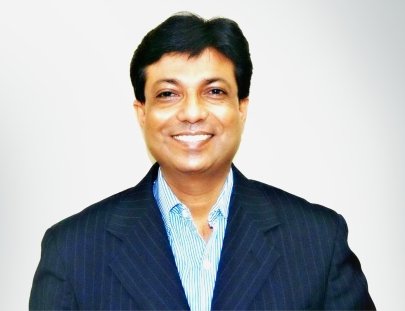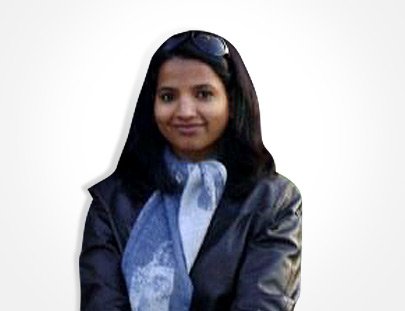
TO REFLECT AND TO.........ACT
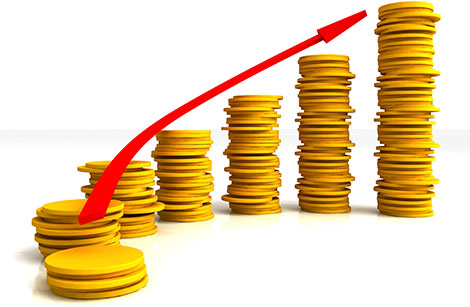
The difference between Nations is not the age of the Nation. This can be demonstrated by countries like India and Egypt which are over 2000 years old and are yet nowhere near some of the rich counties, in terms of wealth.
On the other hand countries like Canada, New Zealand and Australia are much wealthier as compared to the fact that they are less than 200 years old.
The difference between the wealthy and not so wealthy nations also does not depend on the available Natural Resources.
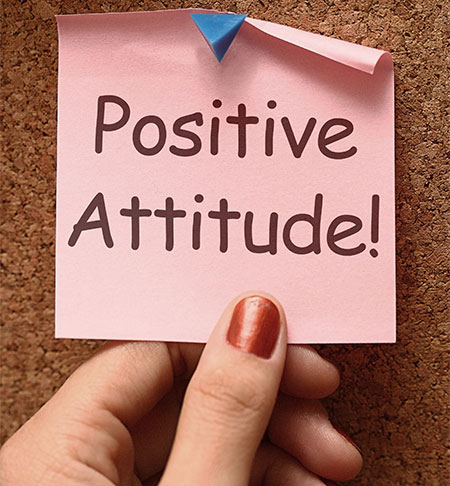
Japan is a tiny country, 80% mountainous, mostly unsuitable for agriculture and yet ranks amongst the top 5 wealthy nations. The country is like a immense factory, importing raw materials and selling finished goods to the world.
The second example is Switzerland, it does not produce cocoa but is renowned for producing the best chocolates. It cultivates and rears animals for 4-5 months of the year and yet is acknowledged for producing the best milk.

Executives from wealthy nations, show no significant intellectual differences when, interacting with Executives from not so well off nations. The racial or color factors also do not evince importance. Migrants tend to show a high level of productivity in other Nations.
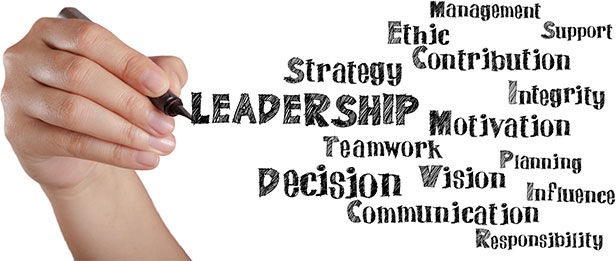
WHAT THEN IS THE DIFFERENCE?
To a large extent I would attribute the difference to ATTITUDE.
When you analyze the attitude of the people from wealthy Nations many of them will show the following attributes.
- High level of personal and corporate ethics
- Integrity
- Responsibility
- Respect for the Law and for Regulations
- Respect for other Human Beings and their needs
- Love for their work
- Conscious effort to save and invest
- Punctuality
- The will to be productive, loyalty to their employer
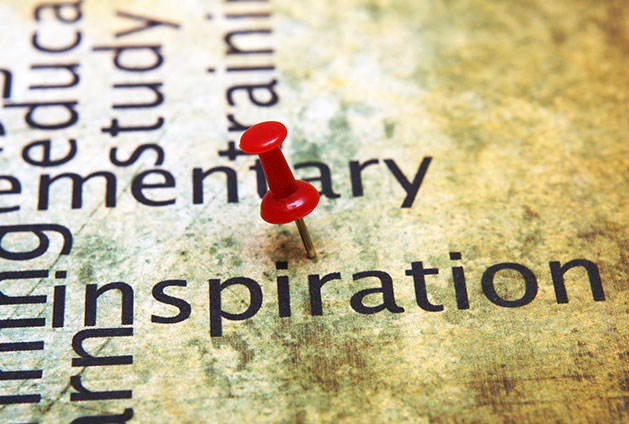
There is little difference amongst people, but that little difference makes a big difference.
The little difference is attitude, positive or negative.
It is left to each one of us to decide what and how we can use this ‘little difference’ to make a ‘big difference’ in our personal, professional and social life for ourselves, for our society or for our Country




